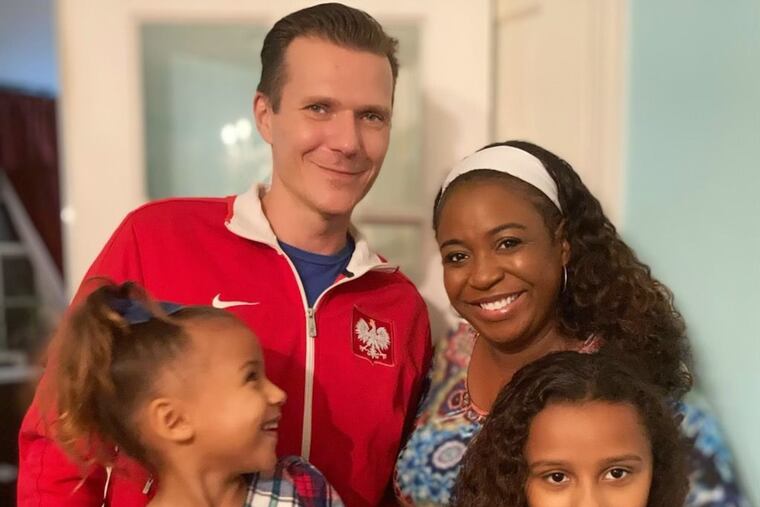I dropped my guard during COVID — and paid the price | Opinion
I assumed the people I saw would tell me immediately if they had a COVID-19 symptom and not wait for diagnosis. You can probably guess the outcome.

Note to self: Blind trust and pandemics do not make good bedfellows.
Like many, my tolerance for risk during COVID-19 swings on a pendulum, bouncing between buttoned-up vigilance and total abandon. From time to time, I drop my guard.
When my daughter’s birthday rolled around in December, I threw my guard out the window. She wanted a party and certainly deserved one. She had readjusted to in-person school like a champ, bringing home straight A’s. She and her friends had already given up so much of their childhood, silently accepting canceled milestone celebrations and muted rites of passage. Most knew someone who’d died of COVID-19.
They had also bravely rolled up their sleeves to be vaccinated. I had also had my shots, as did my husband, and we both had antibodies from previous bouts of COVID-19.
» READ MORE: I wasn’t sure about getting my kids COVID vaccines — until they exposed Grandma to the virus | Opinion
So when news started buzzing about the burgeoning omicron variant, I stuck my head in the sand. I wanted to give her this birthday and reasoned that a relatively small guest count would be OK. Those invited were people we trusted and vaccinated mask-wearers.
The problem with blind trust is that it involves a great deal of assumption. In this case, I assumed everyone would think and behave exactly as I would. For instance, if anything happened to crack our imaginary fortress of safety — a new fever, or any symptom of COVID-19 — I assumed we would be alerted right away, so we could act with more caution. In reality, every individual operates according to their own level of risk tolerance.
Two full days after the party, I learned that one child felt under the weather shortly after the party ended. But her parents didn’t tell us right away. Caught off guard, I questioned the parents, “Why didn’t you notify everyone immediately?”
The parents pushed back: “But, we were responsible! We had our child tested as soon as possible! We would have notified everyone if the child’s test came back positive!”
And it hit me. They were operating under their own assumptions and risk tolerance, which made sense for them.
Since I had blindly assumed everyone from our party would act as we would — namely, inform everyone the moment a COVID-19 symptom appeared — we had hosted five people in our home the day after the party, believing our safety fortress was intact.
Some of you can probably guess the outcome: The child who felt ill after my daughter’s birthday party ended up testing positive for COVID-19 three days later. My husband and I got sick and tested positive, and so did several of the party guests and their families. My daughters became mildly symptomatic, so we operated as if they were also positive.
And the people that came over the day after the party? Three of them tested positive, too.
The consequences were far from minor. At least six families had to skip seeing other loved ones over Christmas. Many of the adults lost income from missed work. Although I technically had a “mild” form of COVID-19, the throat pain was intense, and for weeks I could barely speak above a whisper. My breathing became shallow. I could not walk up the stairs without feeling pressure in my chest. I was turned away by a local urgent care whose lobby and parking lot were full of COVID-19 patients. “Everyone is here for the same thing,” they told me.
“Although I technically had a ‘mild’ form of COVID-19, the throat pain was intense, and for weeks I could barely speak above a whisper.”
I’m angry at myself for trusting foolish assumptions, and for lowering my guard enough to let my child enjoy life.
Many would say it’s extreme to expect a parent to contact every single person they’ve seen each time their child has sniffles, particularly during the winter months. And it’s extreme to expect every person to shun gathering with family and friends and live in a bubble for two years. As we’re finding out, humans aren’t hardwired for extremes, but trust can still be a part of the solution to surviving the pandemic.
First, it is critical that we respect one another by keeping the lines of communication open about expectations and risk tolerance. I wish I’d verbalized my assumptions. I wish I hadn’t been timid about offending someone with my curiosity. I wish others had done the same.
Bethany Watson-Ostrowski is the founder of the Wordsmith Writing Co. and lives in Cheltenham.